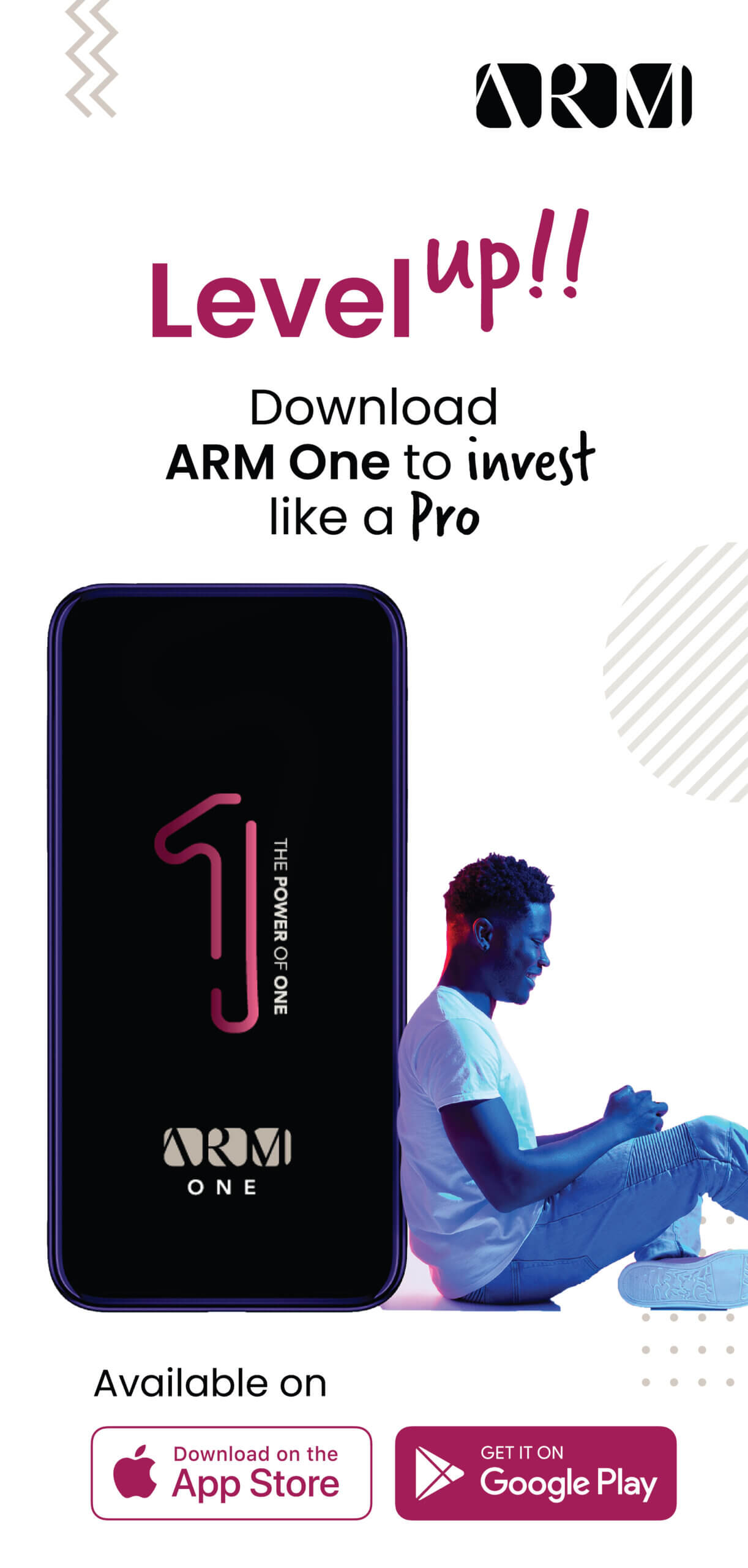Emotional spending is an act of buying something for yourself that you don’t need perhaps don’t even really want, as a result of feeling stressed out, bored, under-appreciated, incompetent, unhappy, or even happy. For instance, when you received a raise or on your birthday.
It’s entirely not a bad habit if you can afford to pay for those items seamlessly and have a robust financial plan to cover your goals without having to borrow or struggle to create these plans.
Emotional spending could be a destructive shopping spree to compulsive shoppers and could cause continuous damage to one’s wallet if care is not taken. But don’t fret – we have listed some steps to help control emotional spending. Let’s dive in…
1. Create alternative activities
Are you a compulsive shopper? It’s time to find new activities to keep you busy and take your mind off the need to visit the mall or buy impulsively on your favorite online website.
Secondly, if you use shopping to cure some of your emotional challenges such as when you are unhappy or feeling stressed out hence you have to see a movie, stop at the bar or buy yourself some good stuff- think of a more constructive behavior that can help you save these expenses as they all add up.
Get some exercise if stressed out or lean on family members and friends if you are distressed. If it’s a friend or relative that makes you spend, you can also deal with it by creating other activities that don’t cost much with said person(s).
2. Create a budget to manage unnecessary spending
This includes celebratory. Get the dates and create a budget to manage all these expenses such as someone’s birthday, leaving do etc. Once you finish spending the created budget, that covers it for all expenses in that category.
3. Accountability
Talk to people about your target to control your spending and let them remind you whenever you are about to incur any unnecessary expenses. In addition, you can have a stick-on paper of your needs on your debit card, refrigerator, car steering, etc. so that you can always see your needs before any unnecessary spending. Confront the feelings behind the habit – it can help you get to the root of the problem.
4. Unsubscribe to adverts
Try to stay away from adverts that could cause you to spend unnecessarily either online or otherwise.
5. Wait out impulse spending
When you find something that you feel like buying just because it caught your eye, but you never planned for it, wait it out for 48 hours at least. If you still feel like having it after 48 hours and you still think you don’t need it, wait out another week or month. There is a huge possibility that you can forget about it and let go in 48 hours.
Final words: When you imbibe these steps, you’ve taken a stand against allowing your emotions to come in the way of realising your greatest ambitions.
Need help in creating a financial plan? Talk to us today via enquiries@arm.com.ng







